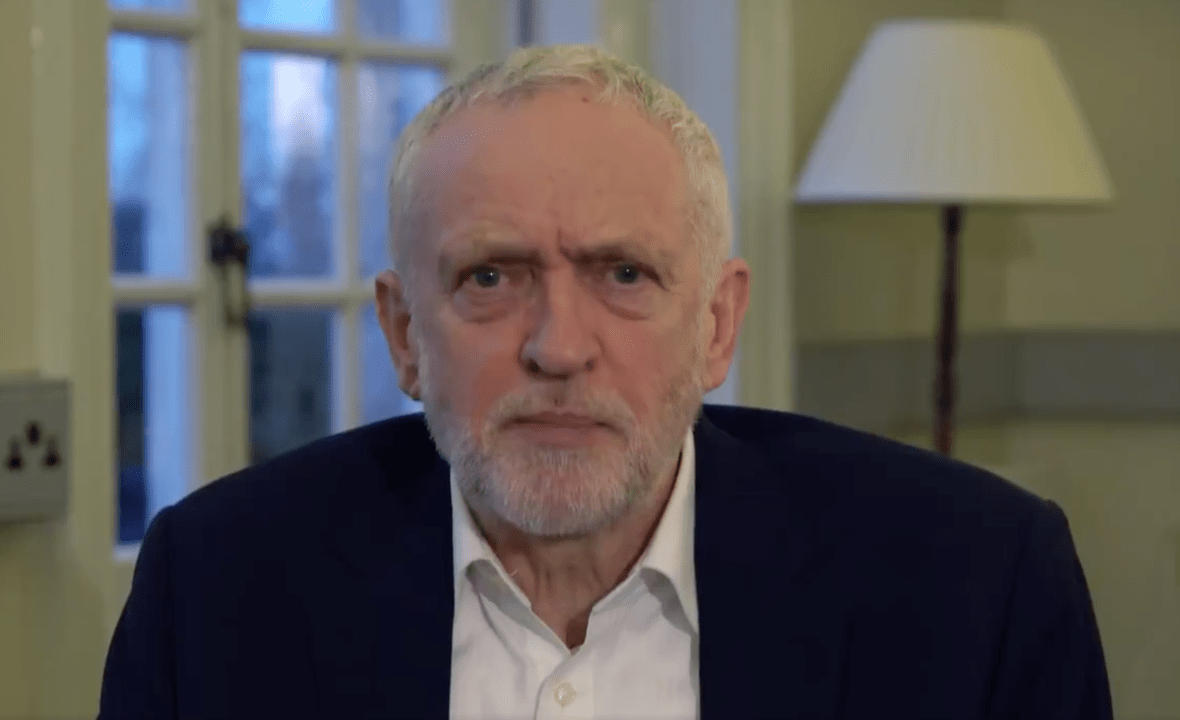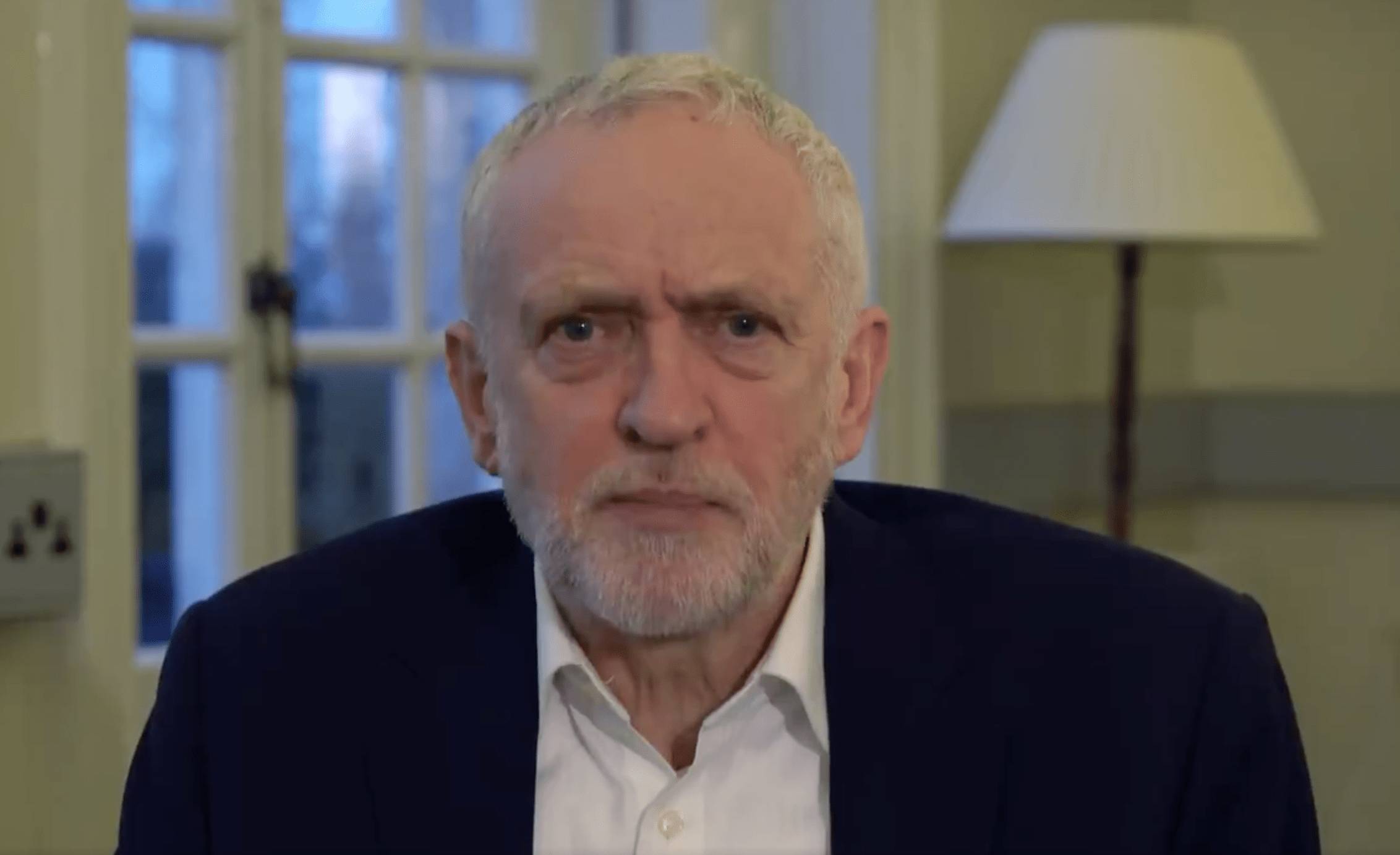What a convenient inconvenience the row about Jeremy Corbyn’s links with a Czechoslovakian agent is for the Labour leader. While the allegations that he was an informant during the Cold War may well be the ‘nonsense’ that he claims they are (they certainly don’t seem to correlate with anything released at the end of that period), the way a number of newspapers have covered them has given him an opportunity to launch an attack on the press.
In what tabloids might term a ‘bizarre video rant’, Corbyn said the newspapers had ‘gone a bit James Bond’ with these ‘smears’, before warning the ‘media barons’ that ‘change is coming’. Some of his comrades have suggested that this ‘change’ means that Corbyn wants the second stage of the Leveson Inquiry to go ahead, which is something we’ve known for a little while.
It’s tempting to dismiss this video as just the sort of thing Corbyn does – grandly attacking the press on social media in order to rally his supporters, who already despise the mainstream media – but it’s a little more serious than that. You see, Corbyn already has the necessary mechanisms with which to prevent press smears: he can sue the newspapers and force them to prove the truth of the allegations they are printing in court. This is what he threatened to do last night to Ben Bradley, who had tweeted something that the Tory MP was never going to be able to prove. Our libel laws are so robust that people have sued for far less: indeed, a comic is currently being sued by her ex-husband for incorporating details of the breakdown of their marriage in her routine, which must be sending a chill up and down the spines of all those comedians who manage to spin entire shows out of their relationships. There is a convention whereby politicians don’t tend to sue newspapers unless they print stories about their personal lives, but Corbyn isn’t exactly a conventional politician.
What the Labour leader is doing isn’t so much threatening the press with Leveson 2, which naturally the press doesn’t want, but undermining the press as a vital part of democracy. It’s something that all politicians who find the scrutiny of journalists a bit irritating and time-consuming tend to do: they run down the media constantly so that it then appears much more acceptable for that politician to clamp down on it. You can find examples of this across the world, from Russia to Venezuela to Donald Trump, and it rarely stops at just running down the printed media.
This isn’t, by the way, a defence of the press: the best political argument I’ve ever heard about politicians and the media came from Charles Walker, who told Parliament during one of the debates following the first part of the Leveson Inquiry that ‘we have a pretty revolting press in this country’ but that he suspected enshrining regulation of that revolting press in law would be something Parliamentarians might live to regret.
Corbyn may well have a right to be angry about the spying allegations, though frankly if voters haven’t been put off him by the knowledge that he invited two convicted IRA volunteers to Parliament two weeks after the Brighton bombing, then this spy business isn’t going to have much of an impact on his chances of becoming Prime Minister. But the problem with politicians deciding how newspapers should behave is that they do have something of a vested interest in the press being rather meek. Just as we might not ask turkeys to oversee supermarket orders for the festive season, we might also conclude that even admirable politicians may also struggle to see the wood for the trees on press regulation.
Corbyn makes clear the problems with letting politicians loose on the press in his video. First he referred to a story about him that he disagreed with, and then he threatened the press that ‘change is coming’. It’s difficult to argue that there is no personal bias at play here.
This isn’t just a problem emanating from Jeremy Corbyn, though. He will find that he has a great deal of support for stricter controls on the press across the Commons at present. It’s not just MPs in his own party who think the newspapers need to be called to heel, but Tories smarting from the coverage of the sexual harassment scandal, too. So this video is absolutely not just something for the social media fans. It should worry anyone who wants an inconvenient, messy, sharp democracy.








Comments